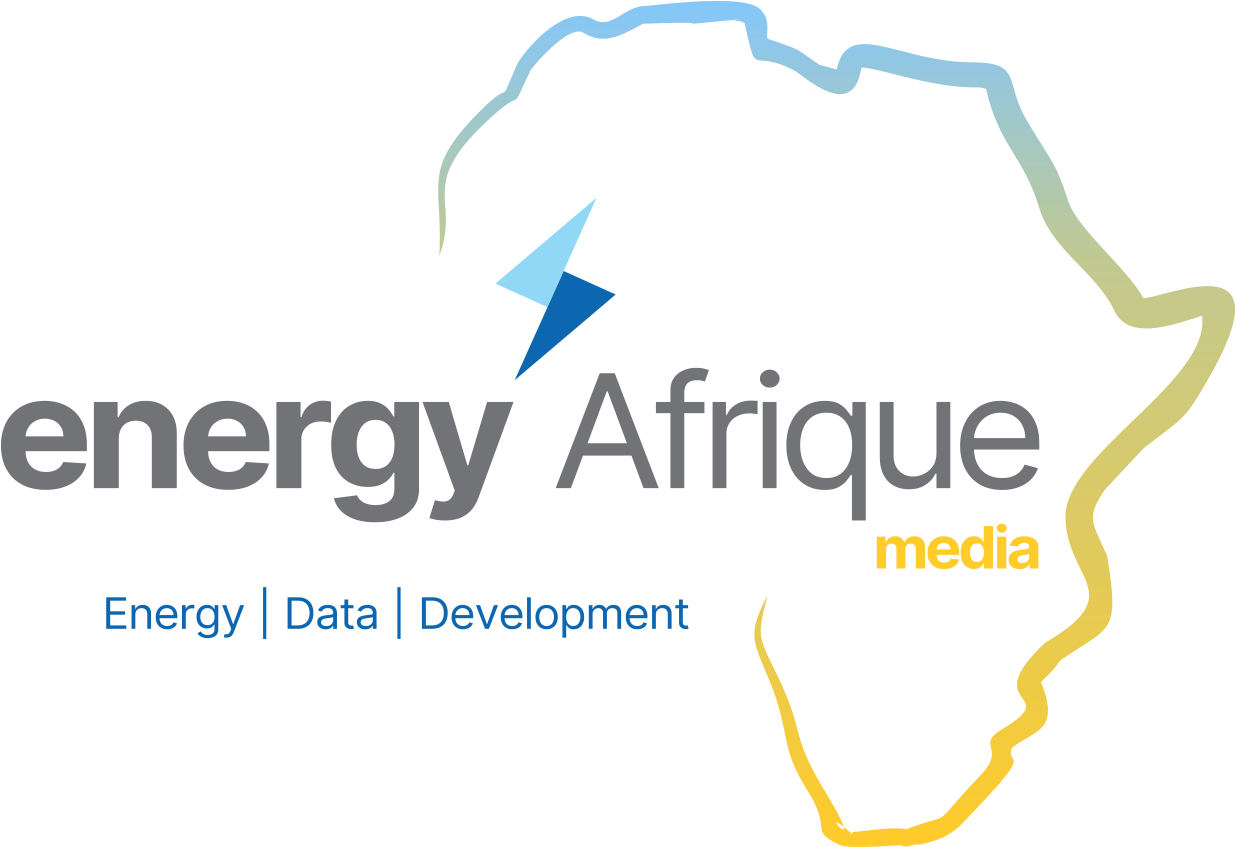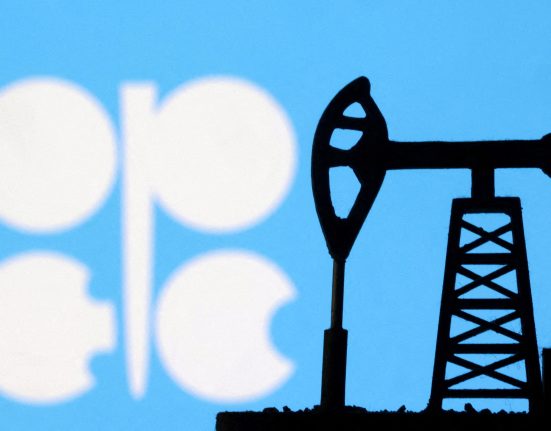OPEC’s Secretary General Haitham Al Ghais has said that the end of oil is not imminent, citing the continued growth in energy demand that alternatives cannot currently meet at the required scale.
In the op-ed, published in the Middle East Economic Survey (MEES) published on Friday, Al Ghais expressed concern about narratives suggesting the end of oil, warning that such perspectives could lead to energy policies that disrupt the market.
“What if investments in supply fall as a result, but demand for oil keeps increasing, as we are seeing today?,” Al Ghais wrote in the MEES article which OPEC shared on X.
“The reality is that the end of oil is not in sight,” he wrote.
While organizations like the International Energy Agency (IEA) predict a peak in oil demand by 2030, OPEC maintains that oil usage will continue to increase in the coming decades.
The oil industry’s investments in technologies such as carbon capture, clean hydrogen, and direct air capture demonstrate its commitment to reducing emissions while meeting global oil demand, according to Al Ghais.
He noted that despite significant investments in transitioning to renewable energy sources, wind and solar energy still account for less than 4% of the world’s energy supply, and electric vehicles have a penetration rate of only 2-3%.
Al Ghais concluded by asserting that many alternative energy sources are unable to replace oil at the necessary scale or are economically unfeasible in certain regions, emphasizing the continued importance of oil in the global energy mix.









